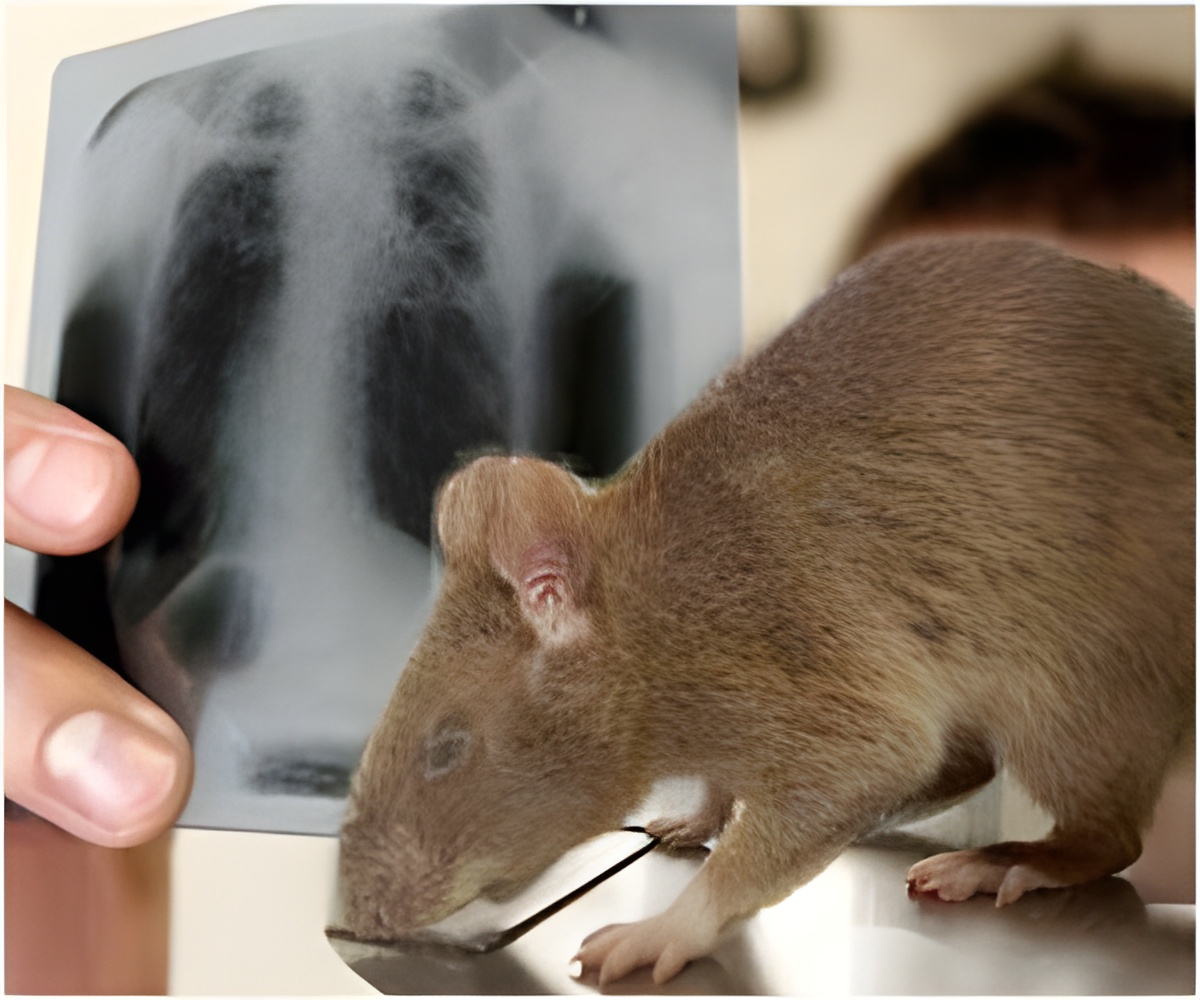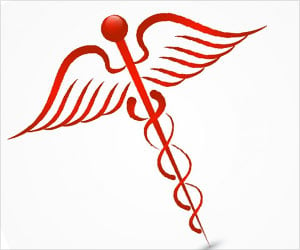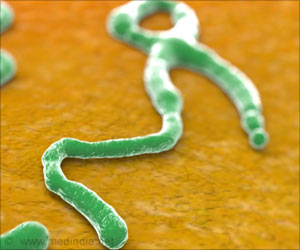The outbreak began after the death of a man in the central highlands of the country which is a plague endemic area.

Plague is endemic to Madagascar, with an estimated 400 cases reported there every year, mostly the bubonic variety, but the current outbreak has affected more areas and started earlier than usual.
The current outbreak began after the death of a man in the central highlands of the country a plague-endemic area -- after which the Ministry of Public Health began investigating and tracing his contacts, according to the WHO.
What is Plague?
Plague is caused by infection with the bacterium Yersinia pestis and spreads through the bite of infected fleas, frequently carried by rats, causing bubonic plague. Symptoms include painful, swollen lymph nodes, called bubos, as well as fever, chills and coughing.
Pneumonic plague is more virulent or damaging and is an advanced form characterized by a severe lung infection that can be transmitted from person to person via airborne droplets such as through coughing or sneezing, for example. The incubation period is short, and an infected person may die within 12 to 24 hours.
Advertisement
Forty of the 114 districts of Madagascar have reported cases of pneumonic plague and less than 30% of people who have had contact with cases can be traced, according to the UN office. Those who've been in contact might need treatment themselves and may pose further risk of spreading the infection.
But 780 individuals have been cured of their infection since August 1 and six of the affected districts have not reported new cases for 15 days, the UN report states.
Despite the increase in numbers, the trend has been relatively stable, a World Health Organization representative told CNN. Dr. Charlotte Ndiaye, WHO representative in Madagascar, added that about half the deaths are occurring in the community, not health centers, according to government figures, which demonstrates that more work needs to be done to help people understand that treatment is available, and they need to go to health services as quickly as possible.
Control Measures
The epidemic has garnered national and international control efforts. Eight health centers have been designated by WHO to manage plague cases and alleviate the burden on hospitals and health clinics. Last week the International Federation of Red Cross also announced the deployment of a treatment center in the country.
WHO has also provided the medications to treat up to 5,000 people and protect 100,000 people who may have been in contact with infected individuals. Both organizations have trained and mobilized thousands of volunteers. Protocols are also being proposed for safe burial practices to ensure maximum safety and protection from infection.
Source-Medindia









